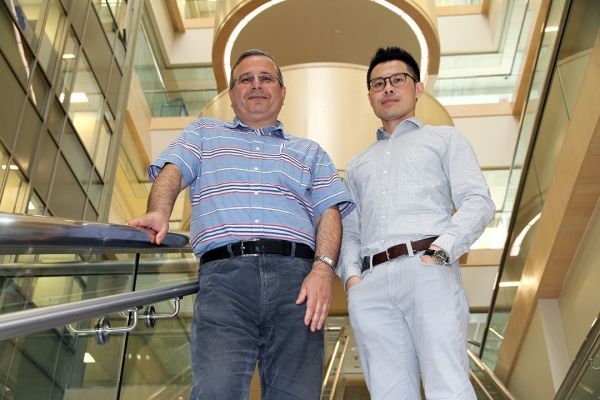Magnetic stimulation using a laptop-style device for 20 minutes per day improved the ability of rodents with concussion to walk in a straight line, navigate a maze, run on a wheel, and perform cognitive tests, according to research published in the Journal of Neurotrauma.
Concussion is a major health concern effecting all sections of society from children whose brain is still developing to older people suffering falls,” said Professor Changiz Taghibiglou, who led the research. “The beauty of this therapy is not only that it is effective, but that it is non-invasive, easy to use and cost-effective.”
The USask team also found evidence that Low Frequency Magnetic Simulation could potentially protect the brain from future degeneration, a risk following serious concussions.
Concussion or mild traumatic brain injury (mTBI) is a major public health concern and can be caused by sports injuries, motor-vehicle accidents, falls and other head trauma.
Read more at: University of Saskatchewan
Image: Associate professor Changiz Taghibiglou (left) and Dr. Yanbo Zhang are researching new therapies for concussion in the College of Medicine. (Credit: James Shewaga)


